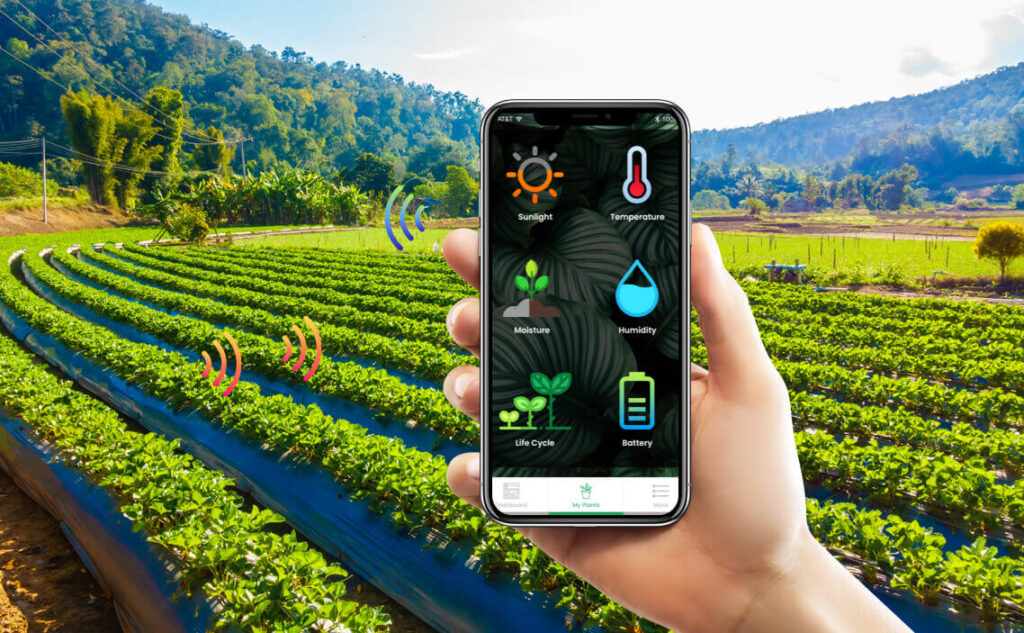Vladimir Dashchenko, ICS CERT Expert at Kaspersky has raised the alarm that though smart technology is increasingly used to make agriculture more efficient, cyber threats to digital farming pose danger to food security in Africa.
Dashchenko believes that there are risks when it comes to minimising human involvement and ignoring the potential of cyberattacks, considering the fact that agriculture accounts for 40% of the region’s GDP, employing an average of 54% of the working population.
According to him, when it comes to the digitization of agriculture, countries across sub-Sahara Africa are at varying stages of technological adoption and transformation with industrial control systems (ICS) actively being used in the food and agriculture industry.
“What does a typical attack on a field look like? Let’s suppose we can change a couple of variables in the software for spraying fertilizer on the soil and increase the dose multiple times over. We could easily make the field unfit for agriculture for years, or even decades, to come,” he said.
He explained that smart farm machinery is vulnerable to hackers, leaving supply chains across Africa and the rest of the world exposed to significant risk. “It is feared hackers could exploit flaws in agricultural software or hardware used to plant and harvest crops. It should also be noted that “smart” technologies used in the agricultural sector can be attacked not only by hackers but also by unethical competitors. Since derailing smart technology operation in the agricultural sector does not require much skill, this can be used by competitors to lower the quality or even destroy the agricultural product,” he added.
Just last year, an Australian researcher presenting at the DEF CON 29 conference demonstrated how to gain control over modern farming equipment that features everything from GPS systems and automated navigation to software that manages to spray fertilizer. The vulnerabilities represent fundamental insecurities in the devices that could be exploited by malicious actors or potentially chained with other vulnerabilities.
According to the ICS threat landscape report by Kaspersky, in the first half of 2022 in the African regions computers in the ICS environment were attacked using multiple means – malicious objects, phishing pages, and spyware. In total over the last six months, various types of malicious objects were blocked on every third ICS computer in South Africa (33%, 11% increase from the second half of 2021), on 36% of computers in Kenya (20% increase from the second half of 2021). In Senegal, there were 41% of ICS computers on which malicious objects were blocked, in Nigeria – 34%, in Gabon – 38%.
Despite the risk, digital innovation is essential to improve farming efficiencies at a time when many countries are not only battling difficult climatic conditions, but also global economic uncertainty. Ensuring the farming environment and agricultural supply chain is managed optimally at all times becomes a business imperative if the world’s food supply is not to be disrupted. For instance, farmers can use drones to decrease the cost of monitoring crop growth, improve data capture, and identify areas presenting potential challenges such as low-yield areas, and more effectively monitor pests or disease outbreaks in crops and livestock.

